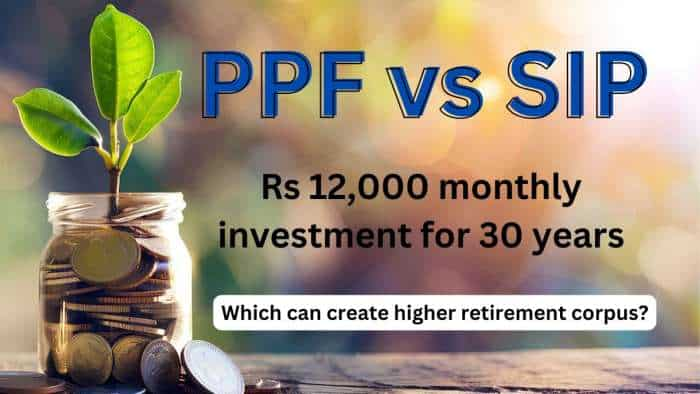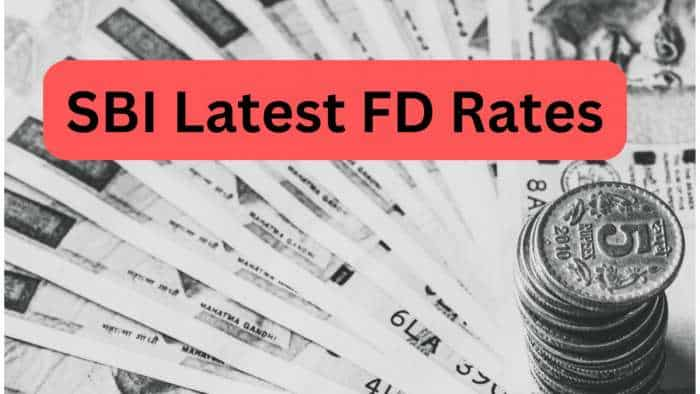SBI vs HDFC Bank: Charges levied on IMPS, RTGS, NEFT transactions compared
After SBI, one can expect other banks to follow suit. However, one can be assured that NEFT and RTGS transactions carried at branches are subject to charges.

With RBI and NDA government both focused on increasing digital transactions, the largest lender State Bank of India (SBI) has made its first move. Last week, SBI waived off RTGS and NEFT charges for transactions carried on YONO app, internet banking and mobile banking with immediate effect. Similarly, SBI also waived off IMPS charges. However, with effect from August 01, 2019. This will benefits over six crore SBI internet banking customers and 1.41 crore mobile users. Aound one crore users of SBI Yono app will also benefit. Interestingly, this move of SBI was already carried by HDFC Bank back in 2017. Also, a point of note is that SBI’s RTGS, IMPS and NEFT transactions are still coupled with charges if carried through branches.
P.K. Gupta, MD (Retail & Digital Banking), SBI said, “One of our bank’s core strategies is to provide convenience to customers and encourage them to take the digital route for transferring funds. In sync with our strategy and Government of India’s vision to create a digital economy, SBI has taken this step to promote the use of YONO, internet banking and mobile banking for doing NEFT and RTGS transactions without incurring any cost.”
In a notification, SBI said, “Additionally bank has already reduced NEFT and RTGS charges for customers transacting through branch network by 20% across all slabs.”
Simply put, there are no waivers for those who carry IMPS, NEFT and RTGS transactions at SBI branches. However, the fees are definitely lowered in past couple of years.
During second bi-monthly monetary policy of FY20, RBI stated it will waive off charges levied on banks for NEFT, RTGS and IMPS transactions. The central bank made it clear that even banks will be required to follow the same suit.
Things got even clearer for free NEFT, RTGS and IMPS transactions when Finance Minister Nirmala Sitharaman said in Union Budget 2019 speech that “there are low-cost digital modes of payment such as BHIM UPI, UPI-QR Code, Aadhaar Pay, certain Debit cards, NEFT, RTGS etc. which can be used to promote less cash economy.”
Sitharaman further said, “I, therefore, propose that the business establishments with annual turnover more than Rs 50 crore shall offer such low-cost digital modes of payment to their customers and no charges or Merchant Discount Rate shall be imposed on customers as well as merchants." The FM reiterated that such cost will be borne by RBI and banks.
After SBI one can expect other banks to follow suit. However, one can be assured that NEFT and RTGS transactions carried at branches are subject to charges.
What State Bank of India offers
At branches, if a person does NEFT transaction up to Rs 10,000, then Rs 2.50 is levied. While for above Rs 10,000 to Rs 1 lakh, Rs 5 is levied. Meanwhile, Rs 15 to Rs 25 are levied on transactions above Rs 1 lakh to Rs 2 lakh and above. These are exclusive of GST charges.
In case of RTGS transaction of Rs 2 lakh to Rs 5 lakh, Rs 25 is levied. While Rs 50 is imposed on above Rs 5 lakh transactions.
What HDFC Bank offers
The private lender has waived off charges on NEFT, RTGS transactions done online since November 2017. However, at branches, Rs 2 plus GST is charged on up to Rs 1 lakh transactions. Also, Rs 10 plus GST is levied on above Rs 1 lakh to Rs 10 lakh.
On any RTGS transaction from HDFC Bank branch, Rs 15 plus GST is levied. However, it needs to be noted that banks have different timings scheduled for carrying RTGS transactions and accordingly charges are modified.
Get Latest Business News, Stock Market Updates and Videos; Check your tax outgo through Income Tax Calculator and save money through our Personal Finance coverage. Check Business Breaking News Live on Zee Business Twitter and Facebook. Subscribe on YouTube.
RECOMMENDED STORIES

Power of Rs 15,000 SIP: How long it will take to achieve Rs 7 crore corpus? See calculations to know

PPF vs SIP: Rs 12,000 monthly investment for 30 years; see which can create higher retirement corpus

SIP in Stocks For New Year 2025: Market guru Anil Singhvi recommends 1 largecap, 2 midcap scrips to buy in dips; note down targets

Largecap, Midcap Stocks To Buy: Analysts recommend buying L&T, Tata Motors, 3 other stocks for 2 weeks; check targets
12:08 PM IST









 Rama Mohan Rao Amara becomes SBI managing director
Rama Mohan Rao Amara becomes SBI managing director India's GDP expected to fall below 6.5% in FY25 amid slowdown in GDP growth in second quarter: SBI
India's GDP expected to fall below 6.5% in FY25 amid slowdown in GDP growth in second quarter: SBI SBI Funds Management Limited appoints Nand Kishore as Managing Director and Chief Executive Officer
SBI Funds Management Limited appoints Nand Kishore as Managing Director and Chief Executive Officer SBI to open 500 more branches in FY25, take overall network to 23,000: Finance Minister
SBI to open 500 more branches in FY25, take overall network to 23,000: Finance Minister Attention SBI Customers: EMIs of home loan, personal loan go up as PSU bank hikes lending rate
Attention SBI Customers: EMIs of home loan, personal loan go up as PSU bank hikes lending rate